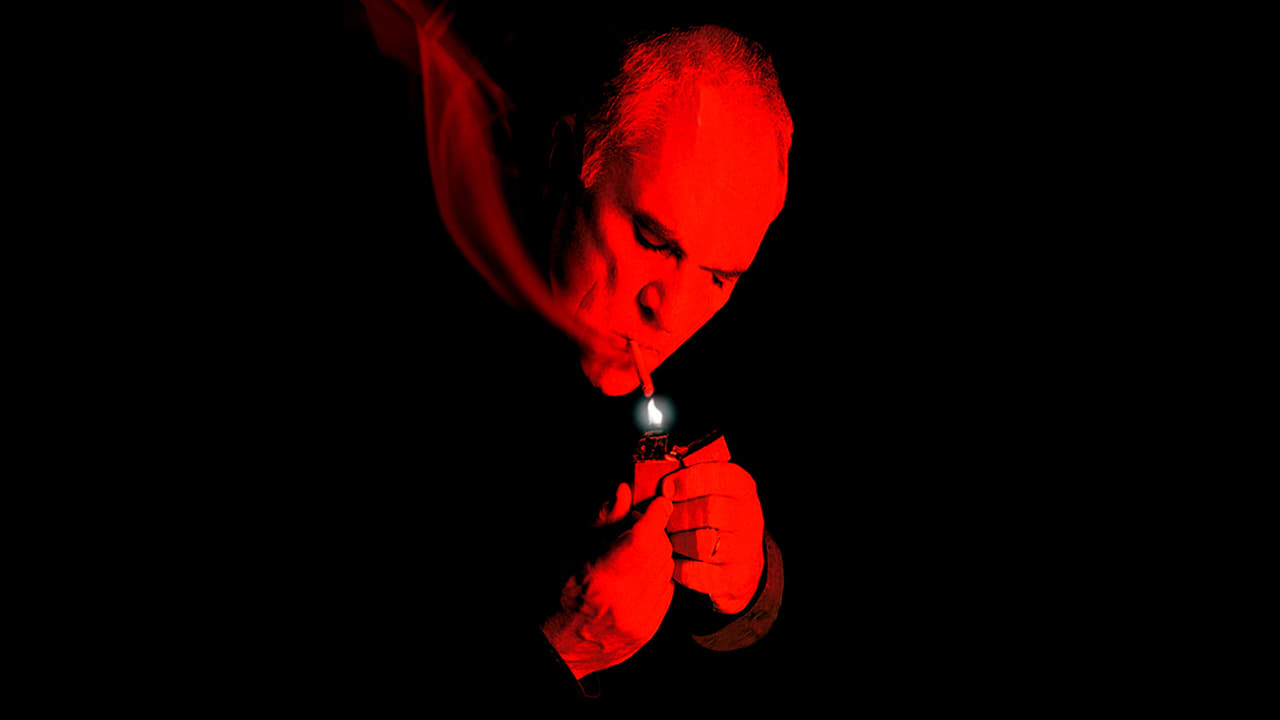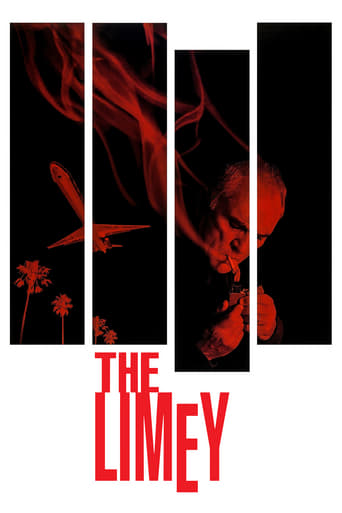

Why so much hype?
... View MoreVery disappointed :(
... View MoreIt’s an especially fun movie from a director and cast who are clearly having a good time allowing themselves to let loose.
... View MoreClever and entertaining enough to recommend even to members of the 1%
... View MoreSteven Soderberg is a maverick of a filmmaker and this is one instance of his going off the track to get what he deems is the right form of expression. In the limey Terence Hill goes to Los Angeles to avenge his daughter's death- fair and simple. Except the way by which Soderberg shows us the entire ordeal- which includes flashback of a young Stamp taken from actual outtakes of his older films- is what is endearing and makes this film rise above any other revenge action film. Terence Stamp is excellent and a case of choosing an artist rather than a movie star to play a character.
... View MoreI first watched this film when it came out, 1999, and did not find it particularly memorable, apart from Stamp's steely performance, Fonda's sleazy character, and the film's conclusion.I watched it again on 12 January 2018 and I have to own up to the fact that I must have been less than attentive when I first watched it. This time, I found the acting excellent across the board, the script far more interesting than I remembered, photography highly effective and economical, action sequences quite riveting, and director Steven Soderbergh to be in inspired form, even in his judicious use of flashbacks.Do not take me wrong, THE LIMEY is not a masterpiece - and never purports to be anything even close. It is just a film well aware of its limitations, and highly credible because of that.
... View MoreTerrence Stamp is truly a marvel to watch as the hard bastard main character of "The Limey". He stalks across the screen, barreling head-on into thugs, driven by a thirst for answers. His daughter didn't just fall asleep at the wheel. And someone had better start talking. The low-key tone of Soderbergh's stylish and hard-nosed crime thriller doesn't deter it from resonating with its powerful use of imagery, flashbacks and non-linear narrative. The cast is great from top to bottom; Peter Fonda, Lesley Ann Warren, Barry Newman and (most surprisingly) Luis Guzman. And there's a lingering sadness that remains long after the movie's over. We can credit Stamp for that, through his melancholy and impressive acting job. 7/10
... View MoreWhen I sat to enjoy The Limey I was anticipating Terence Stamp's steel-cold stare and Cliff Martinez's score. I was not disappointed, both bring class to this low profile formulaic story of a little mad father out to get the big bad man responsible for the death of his loved one(s).Now I was not the least impressed by Soderbergh's experimental storytelling. Editing is surely creative here. I understand that scrapping a whole backstory about hit men may well have forced it. But I do feel the visual rhythm runs against the whole noir atmosphere. Basically emotion rises from within a shot, action from editing, hence too much editing here prevents emotion (and tension) to settle.In the end you feel Terence Stamp was wasted in an average story where an artsy director favoured style over substance. Soderbergh's approach is actually interesting, only it turns out counter-productive.
... View More